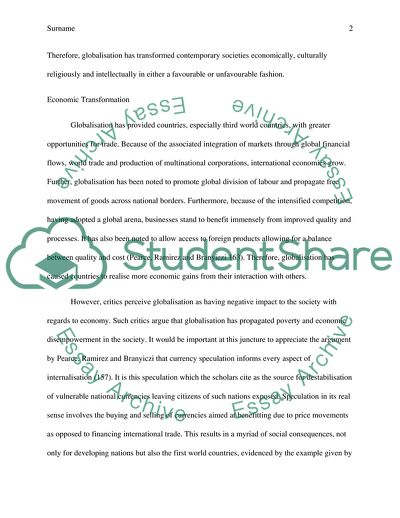Cite this document
(HOW IS GLOBALISATION TRANSFORMING CONTEMPORARY SOCIETIES Coursework, n.d.)
HOW IS GLOBALISATION TRANSFORMING CONTEMPORARY SOCIETIES Coursework. https://studentshare.org/sociology/1815050-how-is-globalisation-transforming-contemporary-societies
HOW IS GLOBALISATION TRANSFORMING CONTEMPORARY SOCIETIES Coursework. https://studentshare.org/sociology/1815050-how-is-globalisation-transforming-contemporary-societies
(HOW IS GLOBALISATION TRANSFORMING CONTEMPORARY SOCIETIES Coursework)
HOW IS GLOBALISATION TRANSFORMING CONTEMPORARY SOCIETIES Coursework. https://studentshare.org/sociology/1815050-how-is-globalisation-transforming-contemporary-societies.
HOW IS GLOBALISATION TRANSFORMING CONTEMPORARY SOCIETIES Coursework. https://studentshare.org/sociology/1815050-how-is-globalisation-transforming-contemporary-societies.
“HOW IS GLOBALISATION TRANSFORMING CONTEMPORARY SOCIETIES Coursework”. https://studentshare.org/sociology/1815050-how-is-globalisation-transforming-contemporary-societies.


